Our Services

ILO MEDICAL
Inducible laryngeal obstruction (ILO) describes an inappropriate, transient, reversible narrowing of the larynx in response to external triggers.
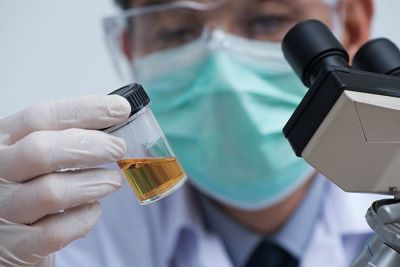
URINE CULTURE
A urine culture is a test to find germs (such as bacteria) that can cause an infection. A sample of urine is added to a substance that promotes the growth of germs. If no germs grow, the culture is negative. If germs that can cause infection grow, the culture is positive.
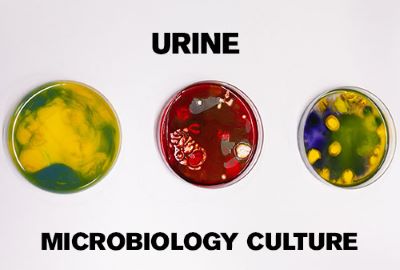
URINE MICRO BIOLOGY
Urines are cultured onto chromogenic media and culture results categorized on the basis of quantity and purity of growth. A semi-quantitative culture routine is used which allows an approximation of density of organisms in the bladder urine.
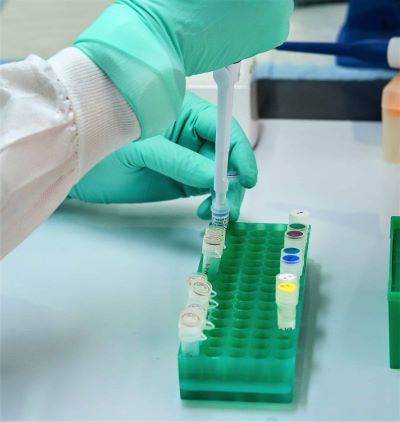
STOOL TEST
The most common reason to test stool is to determine whether a type of bacteria or parasite may be infecting the intestines. Stool samples are also sometimes analyzed for what they contain; for instance, examining the fat content.
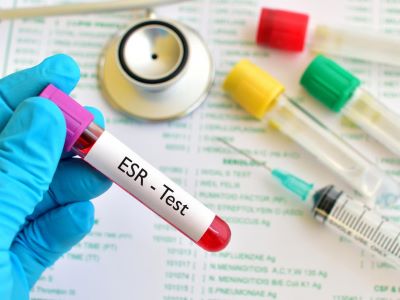
ESR
An erythrocyte sedimentation rate (ESR) is a blood test that that can show if you have inflammation in your body. To do an ESR test, a sample of your blood is sent to a lab. A health care professional places the sample in a tall, thin test tube and measures how quickly the red blood cells settle or sink to the bottom of the tube.
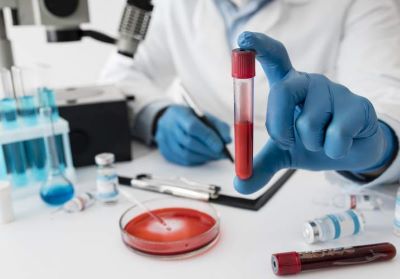
TLC & DLC
TLC measures the total number of white blood cells, which if high in number indicates an infection, DLC measures the consistency and structure of the white blood cells and counts the percentage of basophils, eosinophils, neutrophils, monocytes and lymphocytes.
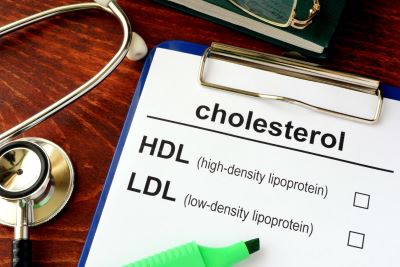
HDL & LDL
A cholesterol test is a blood test that measures the amount of cholesterol and certain fats in your blood. There are two main types of cholesterol: low-density lipoprotein (LDL), or "bad" cholesterol, and high-density lipoprotein (HDL), or "good" cholesterol. A health care professional will take a blood sample from a vein in your arm, using a small needle. After the needle is inserted, a small amount of blood will be collected into a test tube or vial. You may feel a little sting when the needle goes in or out. This usually takes less than five minutes. You may need to fast (not eat or drink) for 9 to 12 hours before your blood cholesterol test. That's why the tests are often done in the morning. Your provider will let you know if you need to fast and if there are any other special instructions.
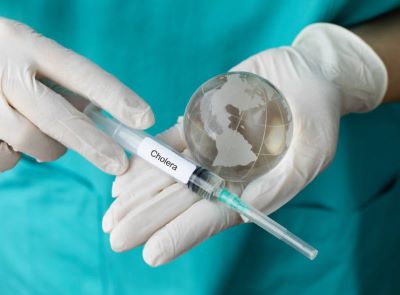
CHOLERA VACCINE
Cholera vaccine can prevent cholera.The cholera vaccine used is an oral (swallowed) vaccine. Only one dose is needed.Cholera vaccine is not 100% effective against cholera and does not protect from other foodborne or waterborne diseases. Cholera vaccine is not a substitute for being careful about what you eat or drink.

POLIO VACCINE
Inactivated polio vaccine (IPV) is the only polio vaccine. It is given by shot in the arm or leg, depending on the person's age. CDC recommends that all children get four doses of polio vaccine as part of the routine childhood vaccination schedule. Children who are unvaccinated or incompletely vaccinated should complete a polio vaccine series.
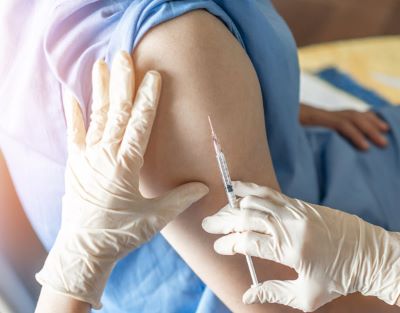
TYPHOID VACCINE
Typhoid vaccine can prevent typhoid fever. There are two vaccines to prevent typhoid fever. One is an inactivated (killed) vaccine and the other is a live, attenuated (weakened) vaccine. Inactivated typhoid vaccine is administered as an injection (shot).Live typhoid vaccine is administered orally (by mouth).

INFLUENZA VACCINE
Influenza vaccine can prevent influenza (flu).There are many flu viruses, and they are always changing. Each year a new flu vaccine is made to protect against the influenza viruses believed to be likely to cause disease in the upcoming flu season. Even when the vaccine doesn't exactly match these viruses, it may still provide some protection. Influenza vaccine does not cause flu. Influenza vaccine may be given at the same time as other vaccines.
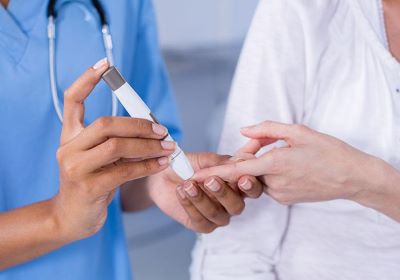
RBS, FBS
Fasting blood sugar (FBS) measures blood glucose after you have not eaten for at least 8 hours. It is often the first test done to check for prediabetes and diabetes. Random blood sugar (RBS) measures blood glucose regardless of when you last ate. RBS test means a random test to find glucose levels; it measures blood glucose regardless of when you last ate, and this test is analyzed to diagnose diabetes. Fasting blood sugar is a simple, common, safe blood test that can diagnose prediabetes, diabetes and gestational diabetes.
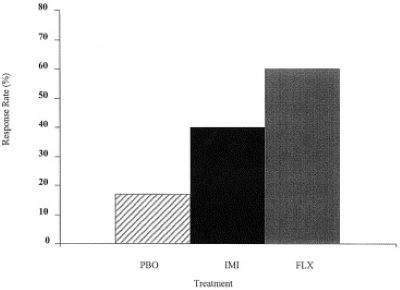
BDRS
The BDRS is a valid scale for the measurement of depression in patients with Bipolar Disorder, with a notable internal consistency (Cronbach α 0.82), a significant consistency between items/total (Cronbach α from 0.80 to 0.82) and positive correlation with other scales (MADRS r 0.67, p < 0.001; HAM-D r 0.81, p < 0.001; YMRS r 0.46 p < 0.0001), including the Young Mania Rating Scale (better than the original validation sample Berk et al., 2007).
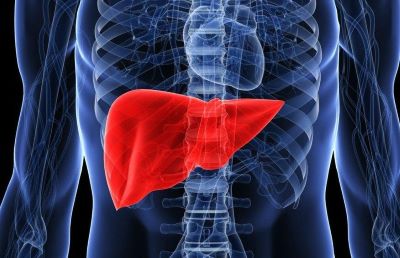
HEPATITES A,B,C
This hepatitis panel is a blood test used to screen and help diagnose if you've been infected by the hepatitis A, B, and/or C viruses. These contagious viruses are the most common cause of hepatitis, a type of liver disease that causes inflammation of the liver.
.jpg)
TYPHOID
A diagnosis of typhoid fever can usually be confirmed by analyzing samples of blood, poo, or pee. These will be examined under a microscope for the Salmonella typhi bacteria that cause the condition. The bacteria aren't always detected the first time, so you may need to have a series of tests.
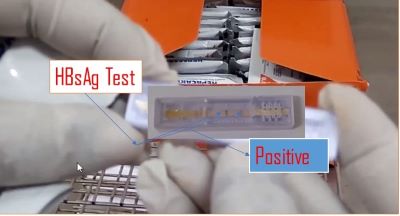
HBsAG
Hepatitis B surface antigen (HBsAg) is a blood test used to check if a person is infected with the hepatitis B virus. If specific antibodies are found in this, it means the person has a hepatitis B infection. This also means that the person is positive for HBsAg, and that others may get this infection through your blood or body fluids. HBsAg can be detected in the blood during both acute infections and chronic infections.
.jpg)
URINE
Urinalysis, a portmanteau of the words urine and analysis, is a panel of medical tests that includes physical examination of the urine, chemical evaluation using urine test strips, and microscopic examination. In most cases, urine is collected in a clean container, then a small plastic strip that has patches of chemicals on it (the dipstick) is placed in the urine.
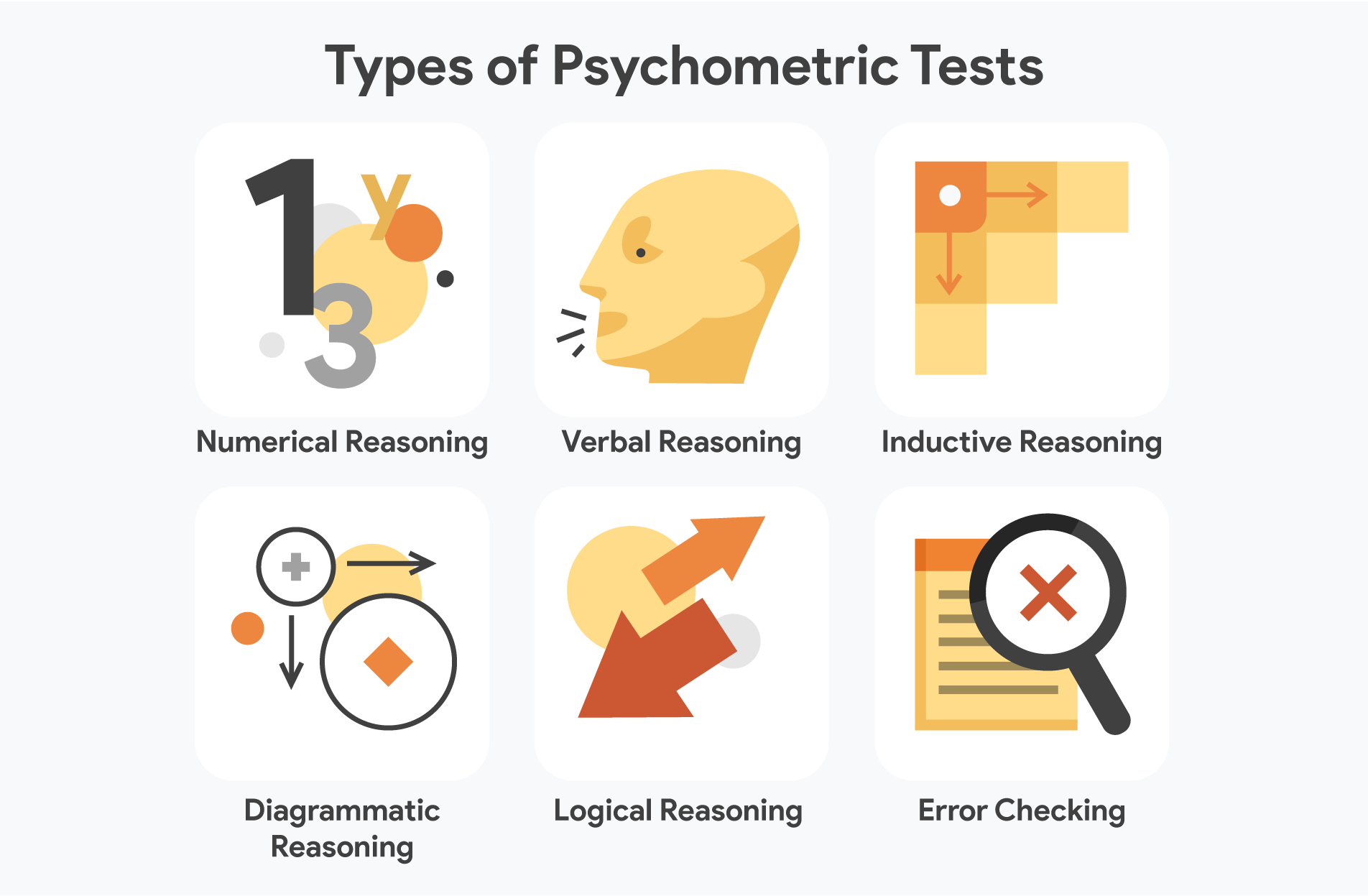
PSYCHOMETRICS
A psychometric test is an objective way to measure the potential ability of candidates to perform well in a job role. Psychometric tests measure a range of skills from cognitive abilities, knowledge to assessing your personality. Psychometric tests measure an individual's personality traits, aptitude, intelligence, abilities and behavioral style to make better people decisions.
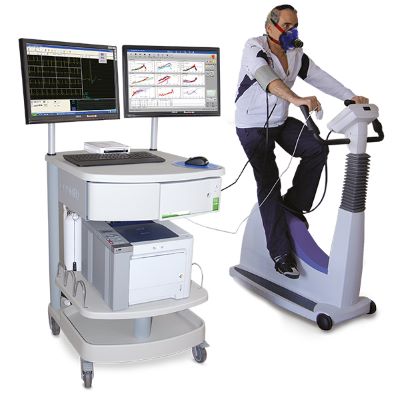
PFT
Pulmonary function tests (PFTs) are noninvasive tests that show how well the lungs are working. The tests measure lung volume, capacity, rates of flow, and gas exchange. This information can help your healthcare provider diagnose and decide the treatment of certain lung disorders. You'll be given a sterile mouthpiece that is attached to a spirometer. You'll form a tight seal over the mouthpiece with your mouth. You'll be instructed to inhale and exhale in different ways. You will be watched carefully during the procedure for dizziness, trouble breathing, or other problems.
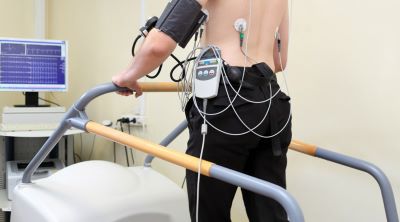
TMT
A treadmill test (TMT) or cardiac stress test helps determine how far your heart can go before an abnormal rhythm or blood flow to the heart muscle drops. It helps your doctor know how your heart responds on being pushed. You will be asked to walk on a treadmill, and the difficulty level will be gradually increased.
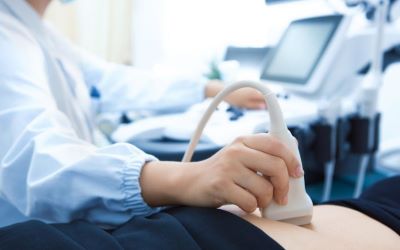
USG
Ultrasound scan, or USG, is a medical imaging test that uses sound waves to generate images of organs inside the body. Ultrasound images help a doctor view the internal organs and diagnose various diseases and conditions. Other names - Sonography, ultrasonography, diagnostic medical sonography, or USG.
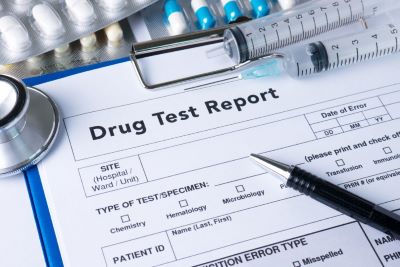
DRUG & ALCOHOL
Drug and alcohol tests can identify alcohol, prescription drugs and illegal drugs in the body. As an employer, you may choose to test for one or all of these substances. Drug testing is an important tool to protect workers and workplaces from the negative effects of alcohol and drugs.

LIPID PROFILE
A complete cholesterol test also called a lipid panel or lipid profile is a blood test that can measure the amount of cholesterol and triglycerides in your blood. A lipid profile or lipid panel is a panel of blood tests used to find abnormalities in lipids, such as cholesterol and triglycerides. The results of this test can identify certain genetic diseases and can determine approximate risks for cardiovascular disease, certain forms of pancreatitis, and other diseases.

Liberia Flag & ILO
LIBERIA FLAG + ILO assist medical practitioners, shipowners, seafarers’ representatives, seafarers and other relevant persons with the conduct of medical fitness examinations of serving seafarers and seafarer candidates.

PANAMA MEDICALS
Complete Medical Examination including Anthropometry, Routine Dental, Vision &Color vision. X-Ray (Screening), CBC+ESR, Random Blood Sugar Urine Routine(Drugs & Alcohol Test is done when ILO and DNA reports are submitted)
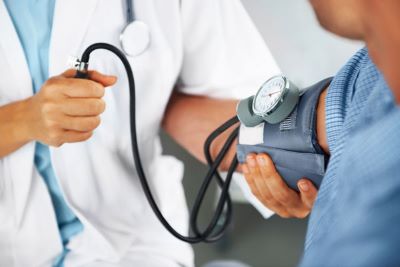
Medical for CDC (ILO)
ILO Medical is a Complete Medical Examination including Anthropometry, Routine Dental, Vision & Color vision. Blood test & Urine Routine SGPT, Creatinine, Triglycerides, Cholesterol, Blood Sugar Random, ESR, Malarial Parasites, VDRL, HbsAg, HIV, Drugs & Alcohol tests. ECG X-Ray Chest plate